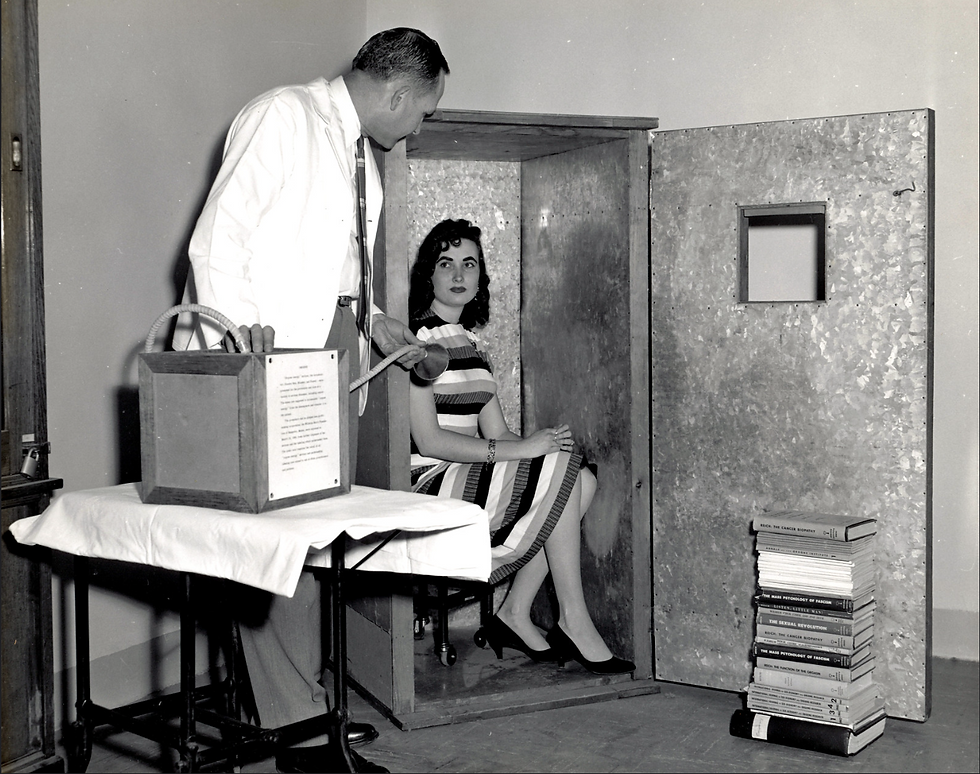Are CGMs good for the masses?
- Shannon Lantzy

- Aug 1, 2023
- 2 min read
Lane Desborough shared this article with me, in response to a conversation about datasets and what CGMs can tell us. The article asserts that CGMs can't do much for people who don't need insulin or who aren't at immediate risk of developing diabetes.
I have an Oura ring. The ring doesn't help me sleep better. But I have learned a lot about how I sleep and don't sleep in response to the day's inputs, and I have a constant data point reminding me to make the choices that promote my health. I wish all my motivation to choose well came from within, but I fare much better with an external objective data point.

Insofar as a CGM could remind me about the impact of what I eat on my body, I bet it would have a positive effect on my habits. The article suggests that CGMs aren't worth the cost for healthy people, except for "curious" people who want "to see if manipulating this aspect of their biology changes how they feel." I'm in the curious part of the population. It is note yet worth the cost for me, but I assume my curiosity will overcome the price soon. (And, for mass-produced sensors with a competitive market like this, I assume the cost will continue to come down.)
The interesting thing about CGMs for healthy people who don't need them, in my humble opinion, is what we'll discover once tons of people have them on and we have data like never before. Who knows whether we'll see that future in the near or short term? My guess is the sensors will be the easy part. The interpretations and subsequent decision-making will be the harder, more interesting part.
~Shannon, the Optimistic Optimizer


